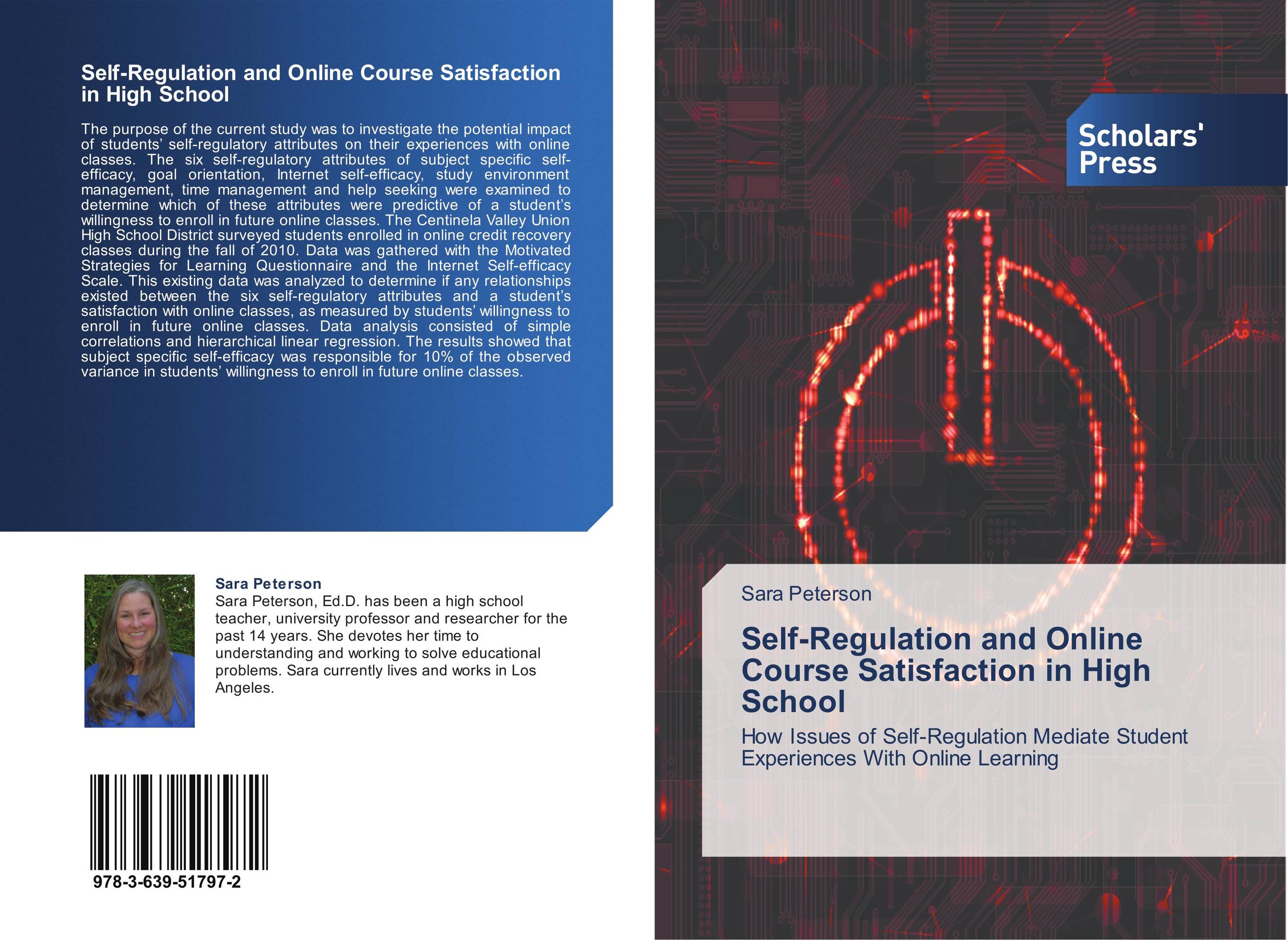| Поиск по каталогу |
|
(строгое соответствие)
|
- Профессиональная
- Научно-популярная
- Художественная
- Публицистика
- Детская
- Искусство
- Хобби, семья, дом
- Спорт
- Путеводители
- Блокноты, тетради, открытки
Self-Regulation and Online Course Satisfaction in High School. How Issues of Self-Regulation Mediate Student Experiences With Online Learning

В наличии
| Местонахождение: Алматы | Состояние экземпляра: новый |

Бумажная
версия
версия
Автор: Sara Peterson
ISBN: 9783639517972
Год издания: 2013
Формат книги: 60×90/16 (145×215 мм)
Количество страниц: 84
Издательство: Scholars' Press
Цена: 36402 тг
Положить в корзину
Позиции в рубрикаторе
Сферы деятельности:Код товара: 125869
| Способы доставки в город Алматы * комплектация (срок до отгрузки) не более 2 рабочих дней |
| Самовывоз из города Алматы (пункты самовывоза партнёра CDEK) |
| Курьерская доставка CDEK из города Москва |
| Доставка Почтой России из города Москва |
Аннотация: The purpose of the current study was to investigate the potential impact of students’ self-regulatory attributes on their experiences with online classes. The six self-regulatory attributes of subject specific self-efficacy, goal orientation, Internet self-efficacy, study environment management, time management and help seeking were examined to determine which of these attributes were predictive of a student’s willingness to enroll in future online classes. The Centinela Valley Union High School District surveyed students enrolled in online credit recovery classes during the fall of 2010. Data was gathered with the Motivated Strategies for Learning Questionnaire and the Internet Self-efficacy Scale. This existing data was analyzed to determine if any relationships existed between the six self-regulatory attributes and a student’s satisfaction with online classes, as measured by students’ willingness to enroll in future online classes. Data analysis consisted of simple correlations and hierarchical linear regression. The results showed that subject specific self-efficacy was responsible for 10% of the observed variance in students’ willingness to enroll in future online classes.
Ключевые слова: Motivation, online learning, Self-efficacy, self-regulation, High School, credit recovery, time and environment management



